Law and Ethics in the Business Environment 7th Edition by Terry Halber – Test Bank
LAW & ETHICS IN THE BUSINESS ENVIRONMENT
CHAPTER 3
Privacy and Technology
Questions
- Employees’ emails are private and are protected under the law.
- True
- False
ANSWER: B PAGE: 71
- Employees can now be secretly and intrusively spied upon by their employers, and it is perfectly legal.
- True
- False
ANSWER: A PAGE 76
- In considering the legality of employer interception of employee e-mails at work, pick the correct statement.
- I.Employees have complete expectation of privacy since they can select their password for in-house and remote access of e-mails.
- II.A subpoena is required by the employer to read any e-mail that is clearly marked “confidential” by the employee.
- III.No expectation of privacy exists over an employer-owned computer system at work.
- IV.Statement by the employer that e-mails are confidential and privileged cannot be later used by an employer to defeat an employee’s claim of privacy
a. I only
b. II only
c. III only
d. I and IV
ANSWER: C PAGE: 85
- The Electronic Communications Privacy Act of 1986 (ECPA):
- supplements the Omnibus Federal Employee Workplace Privacy Rights Law of 2008.
- has been an effective law because employee privacy intrusions are less common and steadily declining since 2000.
- restricts employer access to public chatroom interactions.
- fails to protect employees in most situations involving e-mail monitoring by public and private employers.
ANSWER: D PAGE: 89
- According to the article excerpted in the text entitled, The Functions of Privacy, by Alan Westin, privacy has several functions in today’s society. These include:
- Total freedom in the private life with no consequences to the work life.
- The ability to express dissatisfaction without risk of exposure.
- The ability to be post critical information on the Internet without consequences at work.
- The ability to spend time quietly analyzing the actions and reactions of other people.
ANSWER : B PAGE: 91
- A majority of states have enacted “lifestyle rights laws” that protect workers’ off-duty activities including cases of smoking, cohabitation, drinking. and single parenthood. What is the least effective argument by an employer to regulate off-the-clock activities in a state that has not enacted such lifestyle rights legislation?
- It will provide a healthy work force.
- Unregulated employees are less productive.
- There is no invasion of privacy since the employee is “at will.”
- To prevent higher health care and insurance costs.
ANSWER: C PAGE: 93-4
- One reason employers use to justify givin


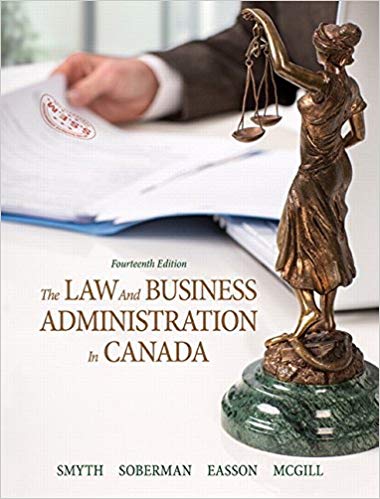
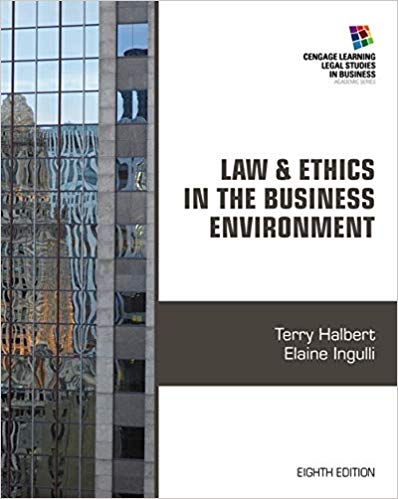


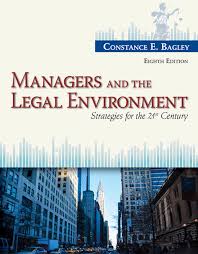
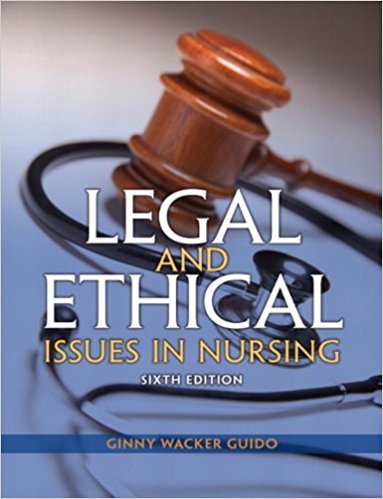

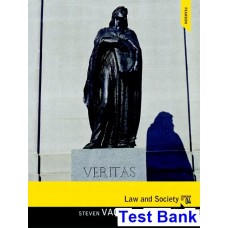



Reviews
There are no reviews yet.